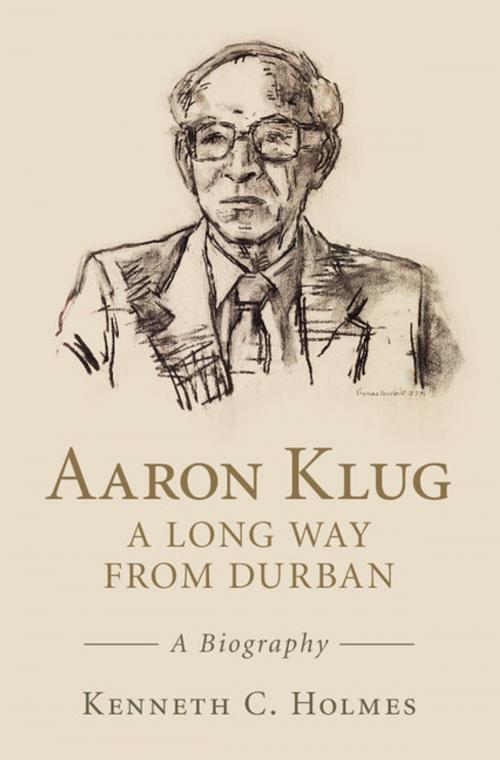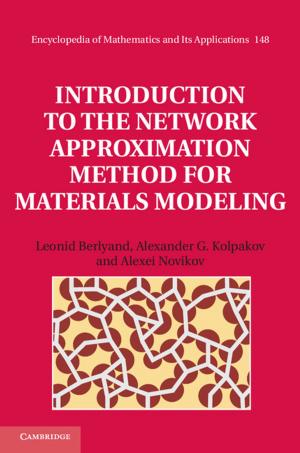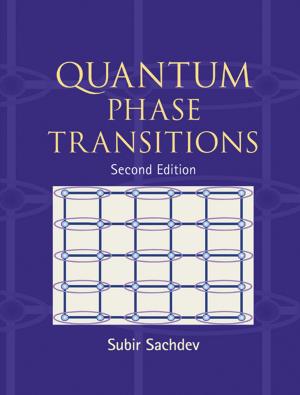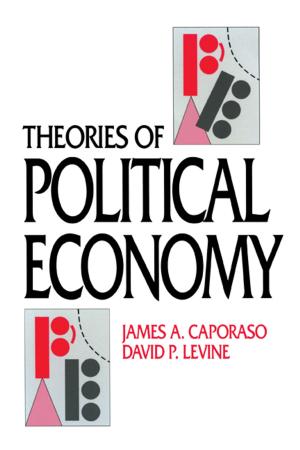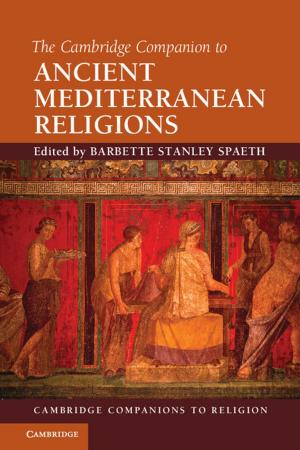Aaron Klug - A Long Way from Durban
A Biography
Nonfiction, Science & Nature, Science, Other Sciences, Molecular Biology, Mathematics| Author: | Kenneth C. Holmes | ISBN: | 9781316714775 |
| Publisher: | Cambridge University Press | Publication: | February 9, 2017 |
| Imprint: | Cambridge University Press | Language: | English |
| Author: | Kenneth C. Holmes |
| ISBN: | 9781316714775 |
| Publisher: | Cambridge University Press |
| Publication: | February 9, 2017 |
| Imprint: | Cambridge University Press |
| Language: | English |
The atomic structures of macromolecules provide the key to understanding how life works. Aaron Klug led the way in the development of methods for solving such structures and is one of the pioneers of structural molecular biology. He was awarded a Nobel Prize in 1982 for his work. Illuminating both his personal life and scientific achievements, this unique biography begins with Klug's youth in Durban and his studies at Johannesburg, Cape Town and then Trinity College, Cambridge. Holmes proceeds to explore Klug's career from his work on the structure of viruses with Rosalind Franklin at Birkbeck College, London to his time as Director of the MRC Laboratory of Molecular Biology (LMB) in Cambridge and as President of the Royal Society. Drawing on their long-term collaboration, interviews and unique access to Klug's archives, Holmes provides a fascinating account of an innovative man and his place in the history of structural molecular biology.
The atomic structures of macromolecules provide the key to understanding how life works. Aaron Klug led the way in the development of methods for solving such structures and is one of the pioneers of structural molecular biology. He was awarded a Nobel Prize in 1982 for his work. Illuminating both his personal life and scientific achievements, this unique biography begins with Klug's youth in Durban and his studies at Johannesburg, Cape Town and then Trinity College, Cambridge. Holmes proceeds to explore Klug's career from his work on the structure of viruses with Rosalind Franklin at Birkbeck College, London to his time as Director of the MRC Laboratory of Molecular Biology (LMB) in Cambridge and as President of the Royal Society. Drawing on their long-term collaboration, interviews and unique access to Klug's archives, Holmes provides a fascinating account of an innovative man and his place in the history of structural molecular biology.
